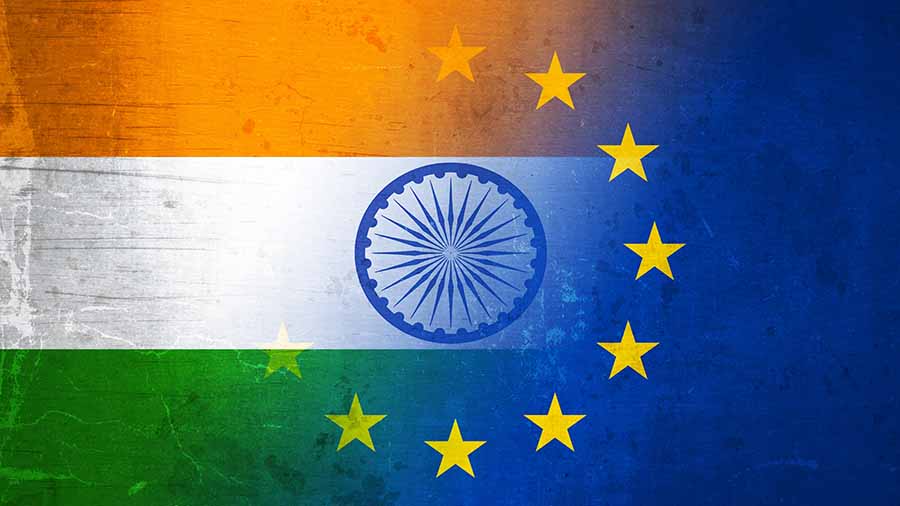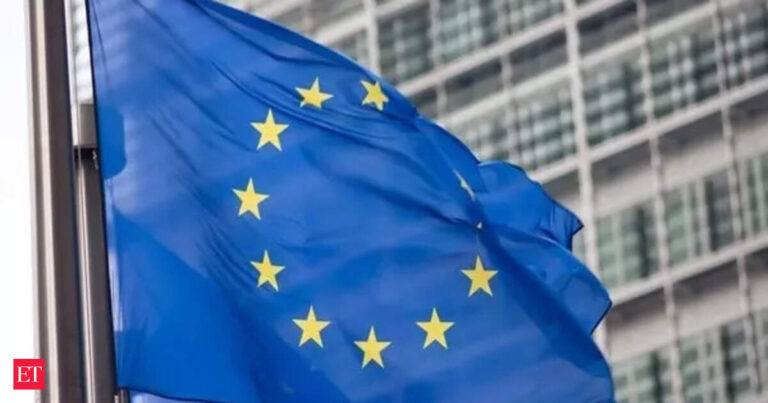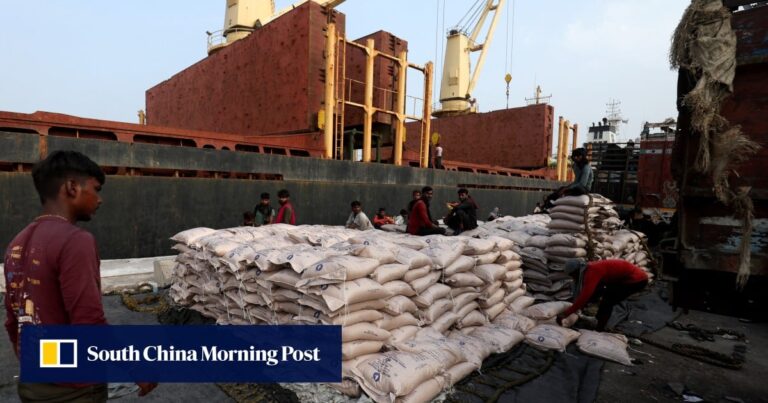
India and the European Union (EU) are moving to accelerate negotiations for a free trade agreement (FTA), with the central government’s commerce ministry reaching out to domestic industries to secure conditions favorable under the rules of origin (ROO).
India’s Commerce Ministry, under the Ministry of Commerce and Industry, is said to have been working with domestic industries to ensure they are given the best possible flexibility when it comes to Rules of Origin (ROO) – criteria which define the national origin of a product and its eligibility for tariff reductions. or exemptions. This comes amid ongoing talks between India and the EU aimed at accelerating Free Trade Agreement (FTA) negotiations.
ROOs determine the domestic source of a product and its eligibility for tariff reductions. Indian industry associations have been tasked with reviewing the EU’s rules of origin under its FTAs with countries like Vietnam, Canada, Singapore and the UK, and comparing them to the terms proposed for the India-EU FTA.
Indian industries urged to assess EU’s flexible rules of origin
Experts note that EU FTA rules of origin are very detailed and offer various product-specific flexibilities. The central government’s commerce ministry has encouraged Indian industries to study them closely to assess how the terms proposed by the EU align with India’s interests.
ROOs play a crucial role in trade agreements, determining the origin of a product and ensuring that imported goods have undergone sufficient processing in a partner country to be considered originating in that country. While previous Indian FTAs used simpler rules of origin, focusing on wholly obtained products, value addition or changes in tariff classification, more recent agreements feature more sophisticated and flexible rules for specific products.
Additionally, industry groups have been asked to submit product-wise suggestions to help shape India’s position in the next round of negotiations.
India-EU FTA negotiations progress slowly due to regulatory concerns and divergent priorities
Despite a shared commitment to advance FTA talks, India and the EU have made slower progress than expected. The EU Ambassador to India, Hervé Delphin, recently acknowledged that the negotiations had been gradual and that fundamental differences still needed to be resolved. Trade and Industry Minister Piyush Goyal stressed that the EU must decide whether to prioritize trade development or tackle issues that fall within the remit of international organizations.
Indian companies are also concerned about the impact of new EU regulations, such as carbon tax and supply chain rules, which could limit the benefits of an FTA. Both Goyal and Delphin stressed the importance of mutual cooperation in moving the negotiations forward.
Speaking at an event for the Federation of European Businesses in India (FEBI) on October 11, 2024, Goyal urged the EU to focus on business related questions within the FTA. Delphin echoed the need for recalibration, proposing mutual concessions to overcome existing gaps and urging both sides to explore new areas of trade policy to make sense of the deal.
Since formal FTA negotiations resumed in June 2022 after a nine-year hiatus, nine rounds of negotiations have taken place, with the next scheduled for early next year. Goyal and Delphin also highlighted the need to remove regulatory hurdles facing businesses in both regions. European companies have raised concerns over quality control orders, import licensing and investment protection in India, while Goyal criticized “unfair” EU trade measures, such as the Mechanism Carbon Border Adjustment (CBMA), which it claims violates the World Trade Organization (WTO). ) rules.
Limited progress in India-EU FTA negotiations, next round expected in early 2025
The next round of negotiations on the India-EU FTA is scheduled for the first quarter of 2025. The ninth round of negotiations, which took place from September 23 to 27, 2024, made only limited progress on key issues, such as rules of origin and public procurement.
Key unresolved issues in public procurement include the role of state-owned enterprises, the application of the Make in India initiative to EU bidders and the treatment of EU products. However, some progress has been reported in terms of sanitary and phytosanitary measures, dispute resolution and good regulatory practices.
After a nine-year hiatus, India and the EU resumed negotiations on an FTA in June 2022, alongside separate discussions on an investment protection agreement and a geographical indications agreement.
Negotiators also revealed that the EU was seeking more clarity on India’s rejection of some foreign direct investment proposals, worrying New Delhi. Additionally, the two sides have divergent views on rules of origin, key to preventing FTA circumvention and curbing cheap imports. Discussions focused on rules of origin for products such as textiles, wood and paper, chemicals, precious metals, machinery and electronics.
On the positive side, discussions on market access for goods, sectoral agreements on automobiles and pharmaceuticals, regulation of financial services and recognition of professional qualifications have been constructive. The ninth round was narrow, with emphasis placed on advancing central issues and clarifying the positions of both sides. The two parties also continued discussions on the liberalization of investments, excluding services, on the basis of a common text.
About Us
India Briefing is one of the five regional publications under the Asia Briefing brand. It is supported by Dezan Shira & Associatesa pan-Asian, multi-disciplinary professional services firm that assists foreign investors throughout Asia, including through offices in Delhi, MumbaiAnd Bengaluru in India. Readers can write to india@dezshira.com for assistance in doing business in India. For a free subscription to India Briefing’s content products, please click here.
Dezan Shira & Associates also has offices or has alliance partners that assist foreign investors in China, Hong Kong SAR, Dubai (UAE), Indonesia, Singapore, Vietnam, Philippines, Malaysia, Thailand, Bangladesh, Italy, GermanyTHE UNITED STATESAnd Australia.




